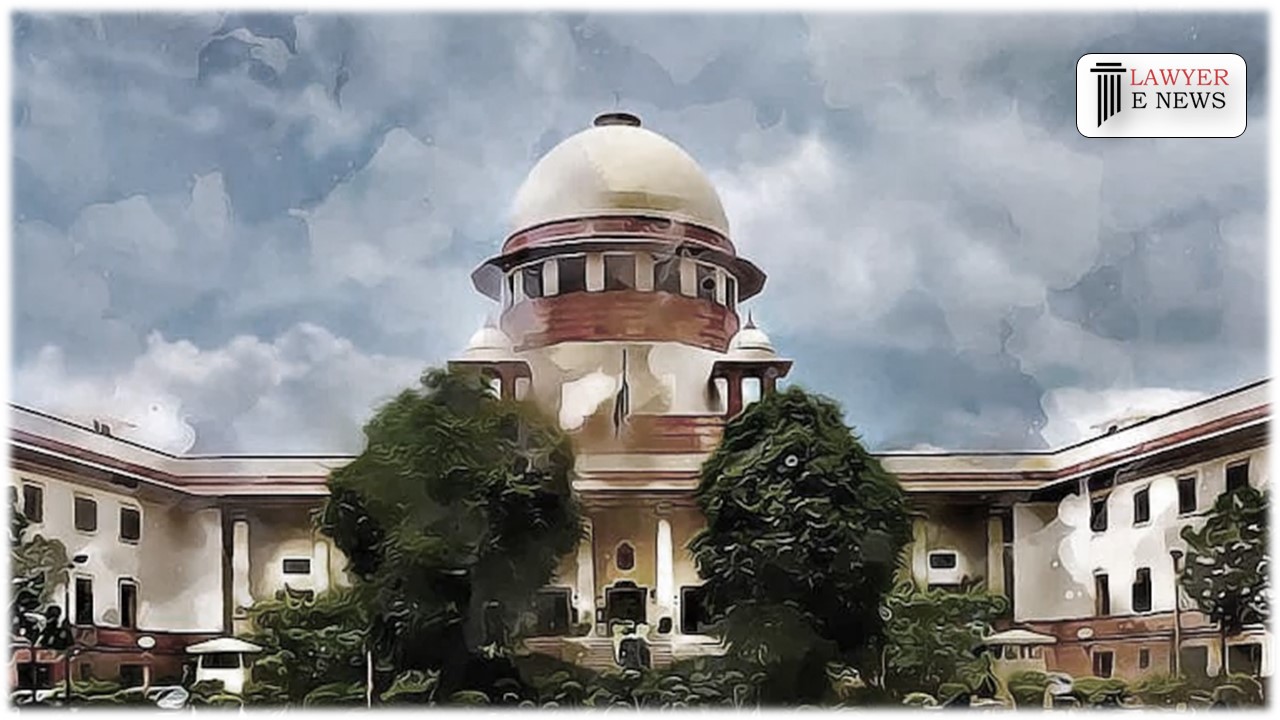-
by Admin
15 February 2026 5:01 PM



The Supreme Court of India, in a landmark judgment today, upheld the conviction of an appellant, Chandan, under Section 302 of the Indian Penal Code (IPC), dismissing his criminal appeal. Justices Sudhanshu Dhulia and Prasanna B. Varale presided over the bench. The ruling emphasized the sufficiency of credible eyewitness testimony in criminal convictions, even in the absence of an established motive.
In this high-profile case, the central legal question revolved around the relevance of motive in a murder case supported by direct eyewitness testimony. The Court reaffirmed that while motive is significant in circumstantial cases, its absence does not undermine the credibility of an eyewitness in direct evidence cases.
On the evening of May 28, 1993, PW-2, the sister-in-law of the deceased, witnessed the appellant, Chandan, stabbing the victim, Rakesh, multiple times. The forensic evidence, including a match between the blood on the recovered knife and the deceased’s blood, corroborated her testimony. The appellant was apprehended the same day with the murder weapon.
The Court noted that the eyewitness account was reliable and unshaken even after extensive cross-examination. The sequence of events, as narrated by PW-2, provided compelling evidence of the appellant’s guilt.
The Court found that the blood on the knife matched the victim’s blood, reinforcing the eyewitness account. The timely arrest of the accused and the recovery of the weapon were crucial in establishing a direct link to the crime.
Referencing several precedents, including Shivaji Genu Mohite v. State of Maharashtra and Bikau Pandey v. State of Bihar, the Court underscored that in cases with credible eyewitnesses, the lack of motive does not detract from the evidence. This principle was deemed critical in this judgment.
Decision The Supreme Court dismissed the appeal, stating there were no grounds to interfere with the lower court’s decisions. The appellant’s interim bail was revoked, and he was directed to surrender within four weeks to serve the remainder of his sentence.
Date of Decision : April 5, 2024.
Chandan v. The State (Delhi Admn.)
